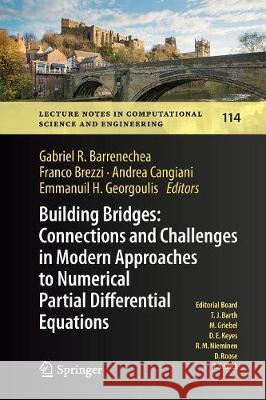Building Bridges: Connections and Challenges in Modern Approaches to Numerical Partial Differential Equations » książka
topmenu
Building Bridges: Connections and Challenges in Modern Approaches to Numerical Partial Differential Equations
ISBN-13: 9783319824024 / Angielski / Miękka / 2018 / 433 str.
Building Bridges: Connections and Challenges in Modern Approaches to Numerical Partial Differential Equations
ISBN-13: 9783319824024 / Angielski / Miękka / 2018 / 433 str.
cena 402,53
(netto: 383,36 VAT: 5%)
Najniższa cena z 30 dni: 385,52
(netto: 383,36 VAT: 5%)
Najniższa cena z 30 dni: 385,52
Termin realizacji zamówienia:
ok. 16-18 dni roboczych.
ok. 16-18 dni roboczych.
Darmowa dostawa!
Kategorie:
Kategorie BISAC:
Wydawca:
Springer
Seria wydawnicza:
Język:
Angielski
ISBN-13:
9783319824024
Rok wydania:
2018
Wydanie:
Softcover Repri
Ilość stron:
433
Waga:
0.63 kg
Wymiary:
23.39 x 15.6 x 2.34
Oprawa:
Miękka
Wolumenów:
01
Dodatkowe informacje:
Wydanie ilustrowane











